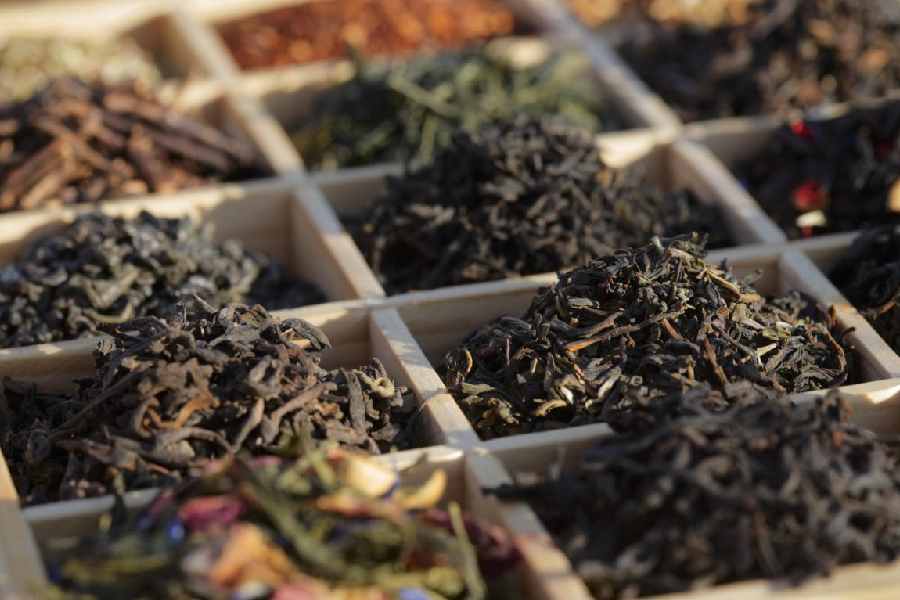The Darjeeling tea industry has demanded compulsory testing of all tea imported from Nepal as recently mandated by the Food Safety and Standards Authority of India (FSSAI).
Sandeep Mukherjee, the principal adviser to the Darjeeling Tea Association, in a letter to Union minister of commerce and industry Piyush Goyal on Thursday, expressed surprise over the “unfair treatment” of Darjeeling tea — with a Geographical Indicator (GI) tag — compared to Nepal tea.
"Darjeeling tea is tested for safety standards. So far, Nepal tea is not (despite the FSSAI order). This is unfair. It is also dangerous from the consumers' perspective,” said Mukherjee.
The Darjeeling tea industry believes Nepal tea is of dubious quality, indicated by few earlier random tests.
The FSSAI, under the Union ministry of health and family welfare, in its order dated April 23, 2024, mandated all imported teas be subjected to full testing.
"There are no proper testing labs at entry points on the India-Nepal border. The samples have to be taken to Calcutta,” said an industry source.
In recent years, Nepal tea has been a source of headache for Darjeeling tea.
"In 2017, following the 104-day general strike (in the hills), Indian buyers switched over to Nepal tea as production of Darjeeling tea was low. Now, these buyers are sticking to Nepal tea as it is cheap,” said a source.
The Darjeeling tea industry has also alleged that Nepal tea is sold off as Darjeeling tea in the domestic market.
Trinamool leader Shanta Chhetri, a former Rajya Sabha member, in a letter to the directorate general of foreign trade had previously sought an immediate review of the import policy on Nepal tea. "The Nepal government imposes an import duty of 40 per cent on Indian tea but our government does not impose import duty on Nepal tea,” she said.
The cost of production of Nepal tea is said to be 40 per cent less than Darjeeling tea. Chhetri said India imports around 16 million kg of Nepal tea annually. The Darjeeling tea industry produces 6.5 million kg made tea annually.











